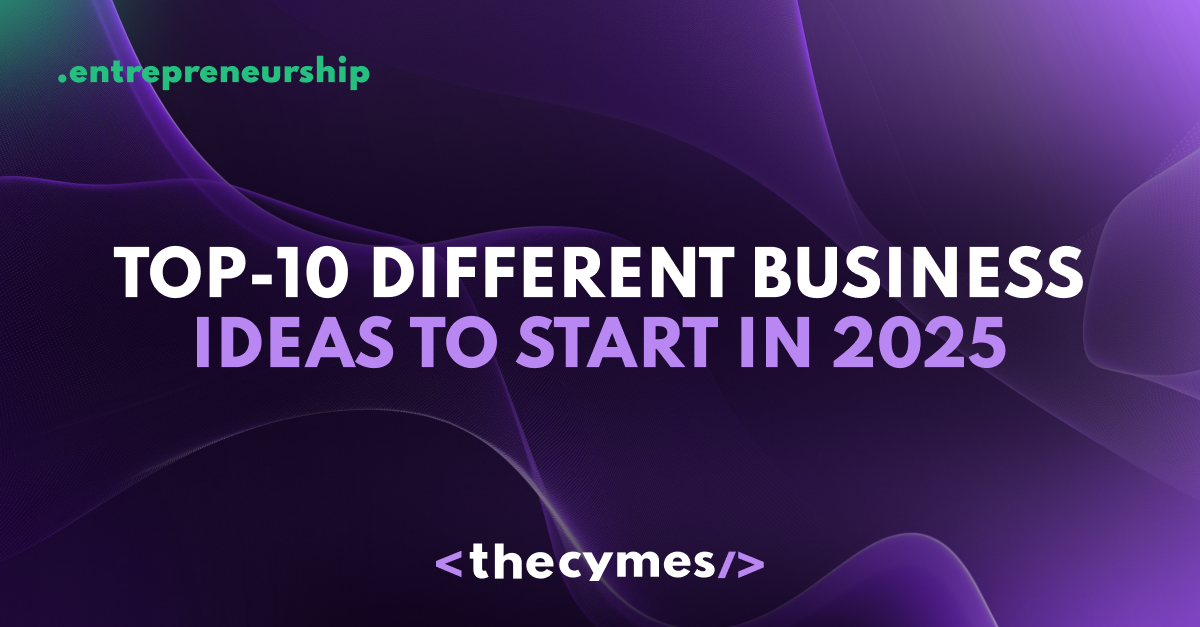.business venture2 January 15:00
0<
How to attract startup investment in 2025: new strategies and trends
/>Learn about startup investment in 2025. Discover key trends and prominent examples be updated on the latest tech newsGet exclusive news updates and overview on tech market




